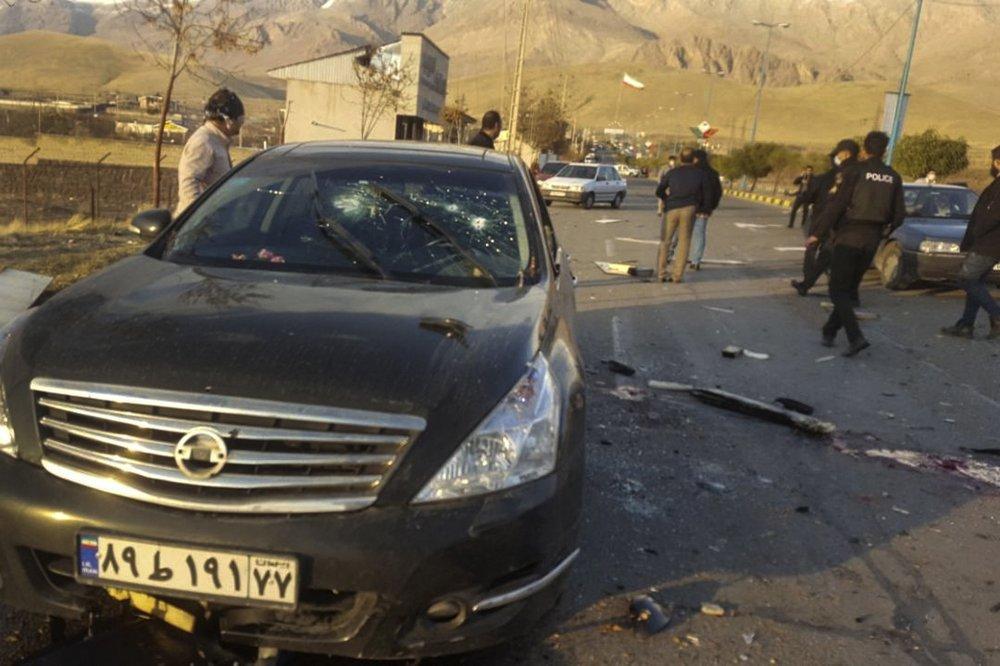Iranian physicist Mohsen Fakhrizadeh, the alleged head of Iran’s nuclear program, was shot and killed in a purported assassination near Tehran, said the country’s Ministry of Defense.
The Iranian Ministry of Defense confirmed Fakhrizadeh was “severely wounded in the course of clashes between his security team and terrorists and was transferred to hospital,” according to Iranian state-run media. He later died from his wounds.





